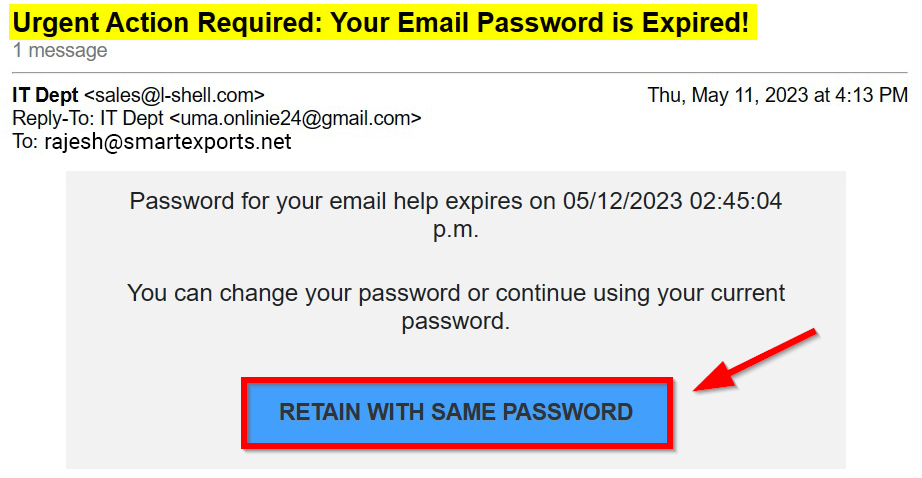Protect Yourself from Mail Phishing
.png)
In mail phishing, attackers send emails that appear to be from a reputable source such as a bank, social media site, or online store. The email may ask the recipient to click on a link, download an attachment or enter their personal information. However, these links and attachments may lead to a fake website or a malware-infected file, which can compromise the victim's security.

To avoid falling prey to mail phishing attacks, it is essential to stay vigilant and follow some basic safety measures. Here are some tips that can help:
Check the sender's email address: Always check the email address of the sender to ensure it is legitimate. Scammers often use email addresses that are very similar to the real ones, so make sure to double-check the spelling.
Avoid clicking on links or attachments: Be wary of clicking on links or downloading attachments from unknown sources. Always hover over the link to see if it is a legitimate website or not.
Don't share personal information: Do not share any sensitive information such as passwords, credit card numbers, or social security numbers through email. Legitimate organizations never ask for such information through email.
Use anti-phishing software: Use anti-phishing software that can detect and block suspicious emails.
Therefore, it is crucial to stay vigilant and follow the above safety measures to protect yourself from such attacks.






